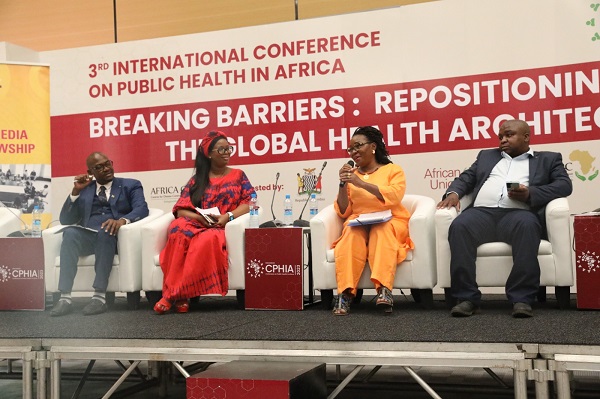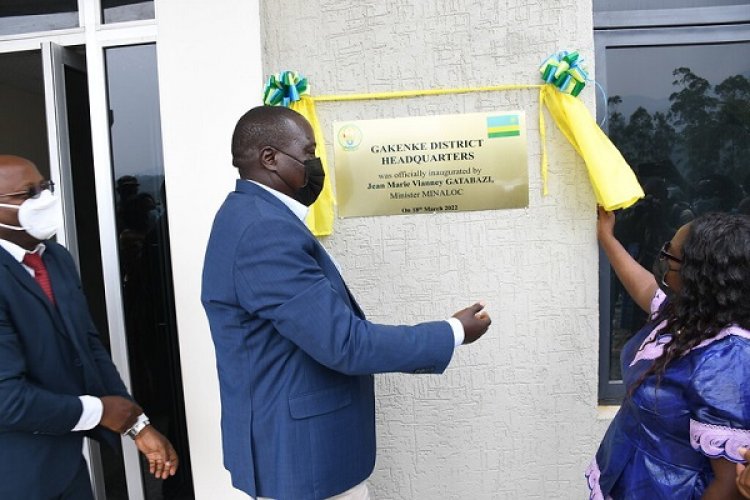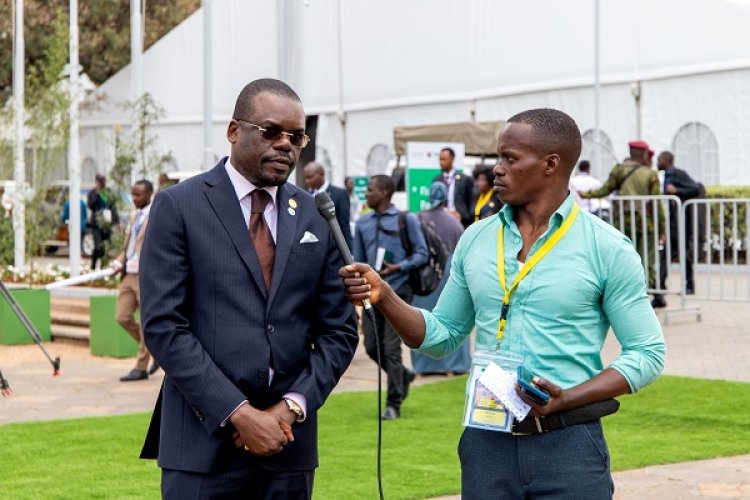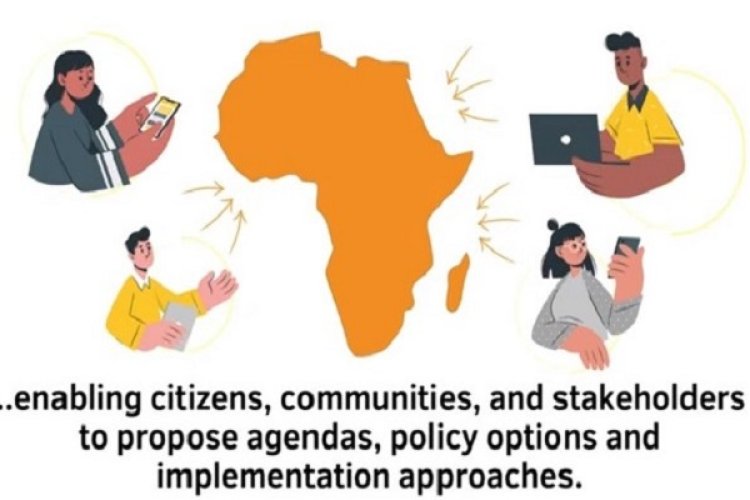As parts of Africa brace for the highly likely next pandemic, stakeholders in the health sector are calling for better funding for real time public health communication to equip communities with information on impending risks and ways to behave.
Preparedness planning calls for a clearly defined strategy and adequate funding for risk communication and community engagement (RCCE) which, health experts say, is needed to position countries to efficiently deal with disease threats from the likes of Ebola, Monkeypox and Covid-19, on top of ably preventing and responding in case of future major health emergencies.
The topic featured prominently in deliberations at the annual International Conference on Public Health in Africa (CPHIA) this week in Lusaka, Zambian capital.
The discussions of the four-day global health event being held amid growing threat of diseases induced largely by the warming of the planet centered around preparing communities for the next pandemic.
Also read: Key things you need to know to prevent diseases jumping from animals to people
It has emerged, for instance, that despite Governments in Africa making strides when it comes to strengthening disease outbreaks’ surveillance, laboratory systems and logistics, there has been minimal focus on risk communication. Financial commitments to this critical pillar of pandemic planning are not matched to the community engagement interventions that can guarantee behavior change among communities and individuals, according to actors in the health sector.
Poor cousin
“You find, in most instances, that risk communication is the last one to be considered when it comes to budget allocation. Everything else is given allocation and whatever is left over is what is given to the poor cousin… the communication guys. Strong leadership is needed to lobby and position risk communication as very critical element when it comes to planning for public health emergencies,” said Sinenhlanhla Jimoh, a South African public health risk communication and community engagement expert.
Underfunding of risk communication and community engagement implies that in light of multiple disease threats that affect parts of Africa, communities hardly get the vital information that help them to understand what’s at stake and make the appropriate decisions to protect themselves and their peers.
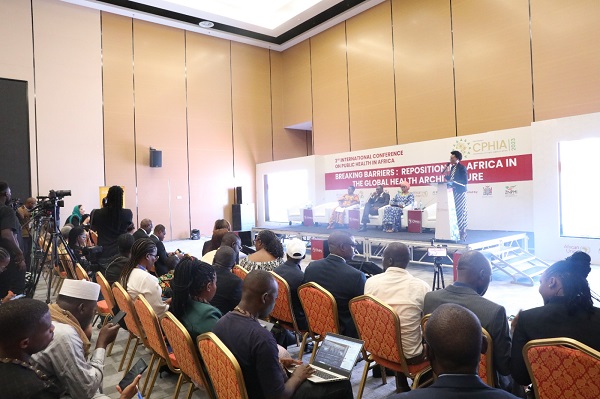
The situation gives room for health information disorder in form of ‘infodemic’ driven by conspiracy theorists and misinformation campaigners, putting even more lives at risk amid low adherence to preventive measures and vaccine hesitancy.
While national authorities have worked to tackle such information disorders during times of public health emergencies in the past, the efforts are not sustained in the aftermaths of the events.
Also read: Fighting lies about vaccines and the harm they cause: Experts’ take
“Moving forward, we strongly believe that if we want to be efficient and more effective in preparing for any future public health event time is now to build the foundation of a system that will be able to improve the information flow within our population,” says Dr. Richard Mihigo, director for Covid-19 delivery, coordination and integration at GAVI.
In his view, it’s the lack of clear strategy and funding for risk communication that have seen governments deal with past public health emergencies in very reactive way.
The gaps, CPHIA delegates indicate, result in loss of lives and it cost a lot more resources to reactively respond to health emergencies than could have been used with the proactive approach.
Dr. Julienne Ngoundoung Anoko, a social anthropologist working with World Health Organisation says investment in risk communication should neither wait until pandemics strike nor end when public health emergencies are over.

“As soon as pandemics are over, like the Covid-19 which is no longer a global health emergency, governments and partners start pulling out the resources and personnel, definitely taking us back to zero. The investment should be long-term and by long-term I mean yesterday, today and now,” she says.
Health experts used this year’s CPHIA as a platform to call on national authorities to chart new path and for financial resources for emergency response to be decentralized and extended to cover risk communication activities.
Dr. Da Costa Aboagye who chairs a continental platform that brings together public health risk communication and community engagement experts deplores the fact that most countries in Africa do not have the risk communication national budget allocations and depend solely on development partners.
“We have put this [demand for risk communication consideration] in the Africa CDC strategy, and under the new public order. We have also brought in the African Union Media Fellows, and they are the ones that can champion the risk communication. This is what we are doing to make sure that our voice is heard,” he told NewsPaper Africa.
Also read: KASEYA: Vaccinating your dog, cat could keep next pandemic at bay
~ Reporting by Johnson Kanamugire in Lusaka

